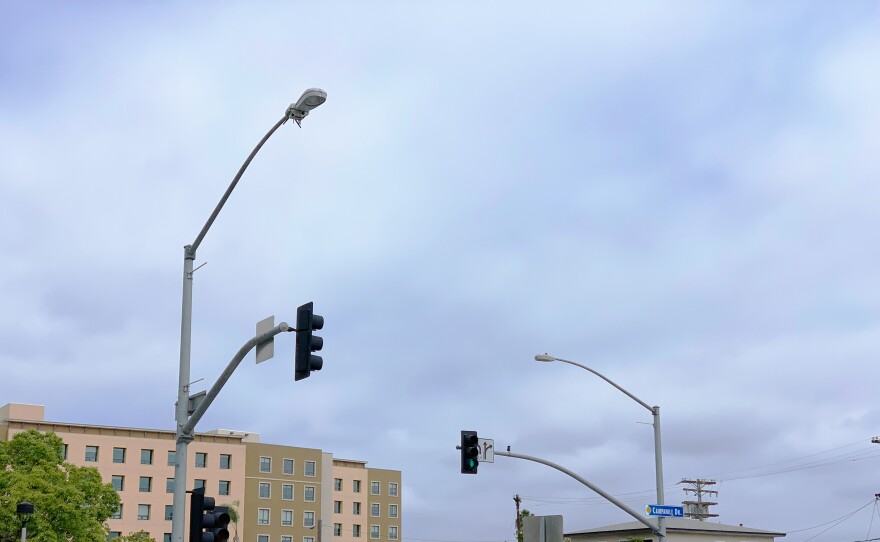A local privacy rights coalition Wednesday heralded the San Diego City Council's consideration of ordinances regulating the use, acquisition and funding of surveillance technology and establishing a Privacy Advisory Board.
The council voted unanimously Tuesday to adopt both ordinances, which are intended to increase accountability within city government and law enforcement.
"My council colleagues joined me in taking the necessary next step to protect the civil rights and civil liberties of all San Diegans," City Councilwoman Monica Montgomery Steppe said.
"The city of San Diego has a chance to lead here, and I look forward to the continuous collaboration with community organizations, my colleagues on the council and our city departments to ensure that we do."
The movement towards an advisory board "started because our government and public officials failed us," said Deputy Public Defender Genevieve Jones-Wright, a member of The Transparent and Responsible Use of Surveillance Technology SD Coalition (TRUST SD).
Montgomery Steppe and supporters of the two proposed ordinances "changed the direction in which surveillance in San Diego was going -- even in the face of opposition by the very officials who led us into the quagmire," Jones-Wright said.
Lilly Irani, an associate professor of communication and science studies at UC San Diego, said that for decades, technology companies "have been given free rein to design and deploy with little democratic oversight. People are saying that democracy also applies to technology that affects your life, not just to budgets or to who you elect."
Seth Hall, of TechLead San Diego, said the council's actions will do more to protect the public from the harm of mass surveillance.
"With the passage of these ordinances, our leaders and our citizens are in unison demanding that the future of mass surveillance be very different from the past," Hall said.
The surveillance ordinance will require transparency, accountability and oversight for all surveillance technology proposals and ensures the public can learn about the civil rights and civil liberties impact of surveillance technology before it is acquired by the city.
If acquired, the use of surveillance technology must be re-examined each year to ensure any benefits outweigh the potential civil liberties and civil rights costs.
The Privacy Advisory Board will provide residents with a public process to evaluate how the city monitors its residents. The creation of such a process is intended to allow the city to respond appropriately to concerns about civil liberties and privacy during a time of rapidly evolving technology.
Montgomery Steppe said these ordinances will add the oversight required to build and maintain public trust.
San Diego Police Department Chief David Nisleit raised concerns about the way the ordinances were written. He said while he supported oversight, the laws were "drafted with little to no input from law enforcement, victim advocacy groups" and other parties.
Nisleit urged a more cautious, measured approach to the ordinances.
Tuesday was the first reading. Both ordinances are subject to additional discussion before a second reading later this year or early in 2021.








